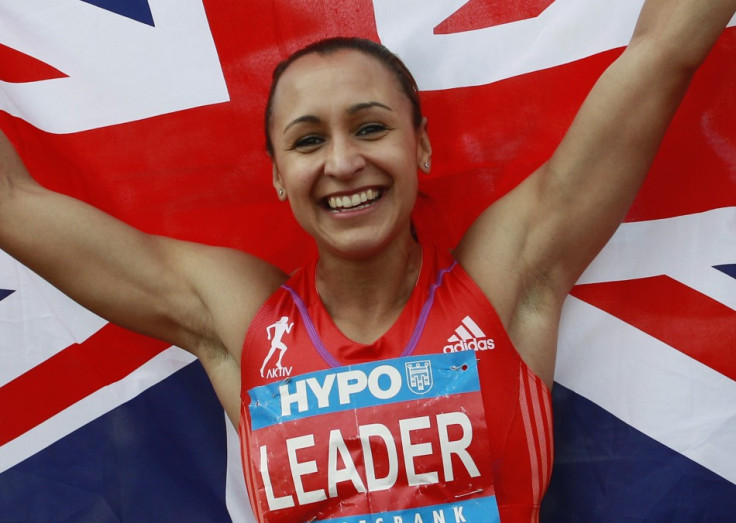London 2012 Olympics: Goldman Sachs Sees Century-Best Gold Medal Haul for Britain

British athletes are expected to win the most Gold medals in at least a century at the London 2012 Olympics according to an exhaustive econometric study from Goldman Sachs
Goldman analysts José Ursúa and Kamakshya Trivedi, who used a series of statistical and economic tools to predict the medal count, suggest we can expect to her "God Save The Queen" at least 30 times over the next two weeks as British athletes enjoy a 59 percent improvement from their 19 gold medal haul four years ago in Beijing.
Overall, Ursúa and Trivedi's model expects Britain to finish fourth in the unofficial total medal-winning table with 65, a 38 percent jump from the previous Games.
"Our forecasts reflect two very clear patterns revealed in our analysis", the pair wrote. "First, countries with superior growth environments and higher incomes are expected to win more medals, and, second, there is also a marked host effect that will likely bump up the number of medals attained by Great Britain."
The US and China are expected to top both the Gold and overall medal tables, according to the research, with the Americans earning 37 top podium spots and 108 overall medals.
The light-hearted predictions, however, stem from a fascinating study of the way in which economic performance, democratic stability and per-capita income levels have dictated Olympic Games success over the past 100 years. While individual income levels have a strong co-relation to Games performance, the study found an even more compelling connection to athletic success and solid institutional and structural economic environments.
Furthermore, the data support the idea that income boosts inside lesser-developed economies have a more pronounced impact on medal winning than it does for more advanced economies.
Perhaps more crucially for Britain, however, is the "host nation" effect observed in the study.
"In some cases, hosting the Olympics has meant increasing the number of medals by more than 50 percent with respect to what countries would have otherwise attained."
In fact, Britain's best-ever medal haul came when it collected 56 Golds in the Fourth Olympiad held in White City, London, in 1908.
In terms of individual sports, the study calculates the "host effect" has the biggest influence on medals in Swimming, Cycling, Gymnastics, Rowing and Wrestling. Conversely (and perhaps disappointingly for football-mad Britons) the effect has little impact on medalling in Soccer, Water polo and Rhythmic gymnastics.
© Copyright IBTimes 2025. All rights reserved.





















